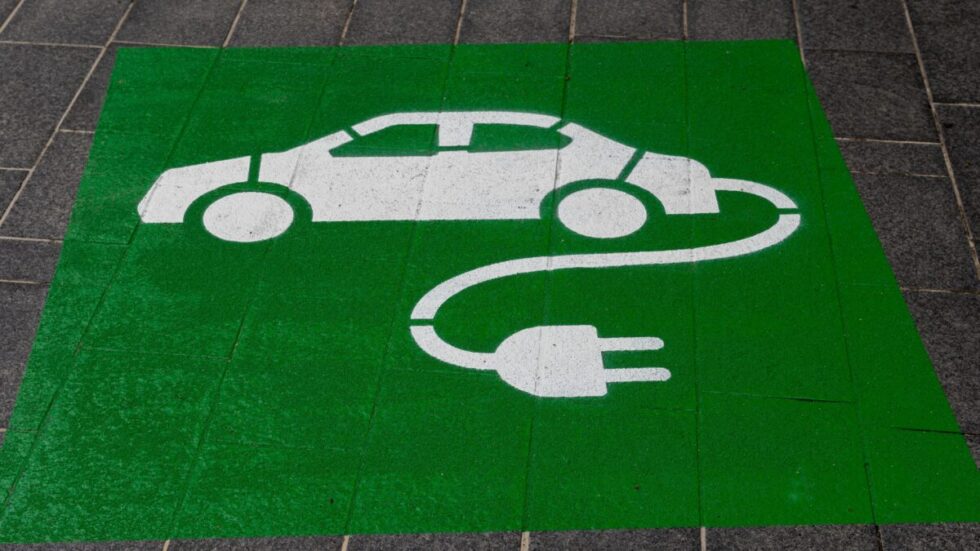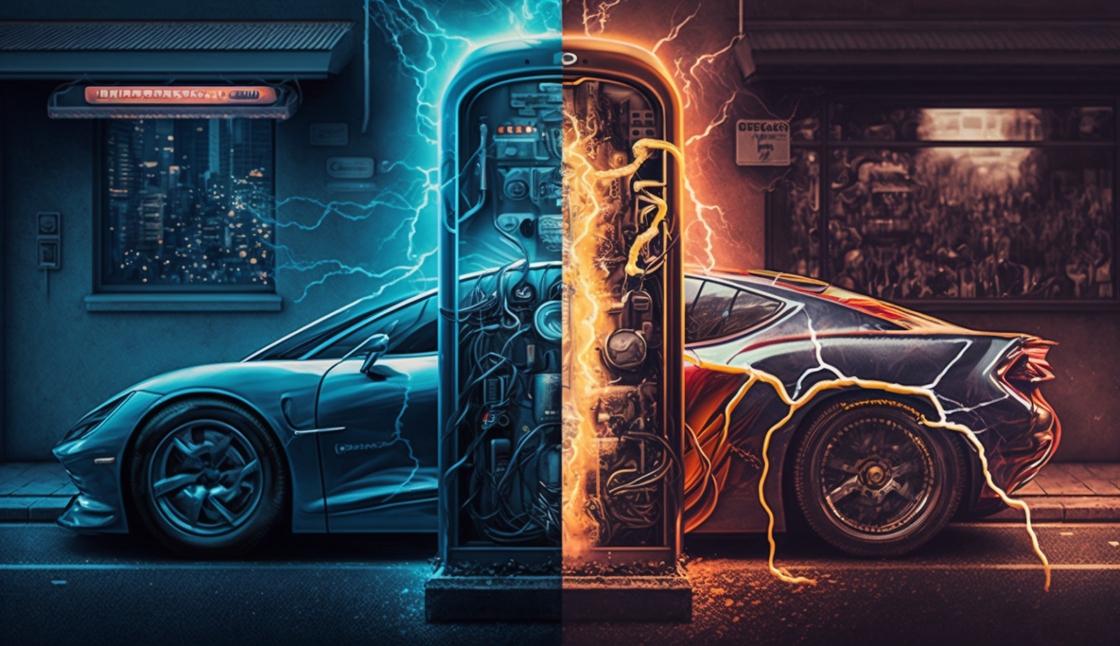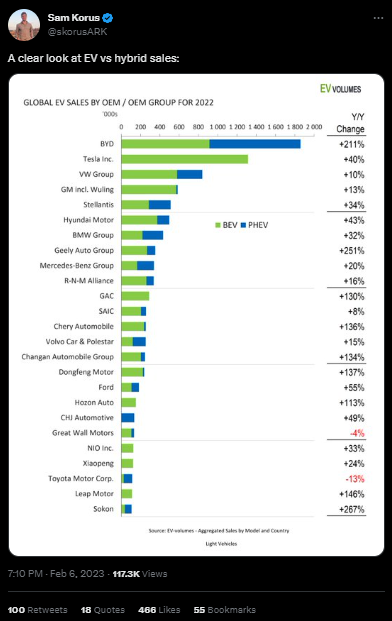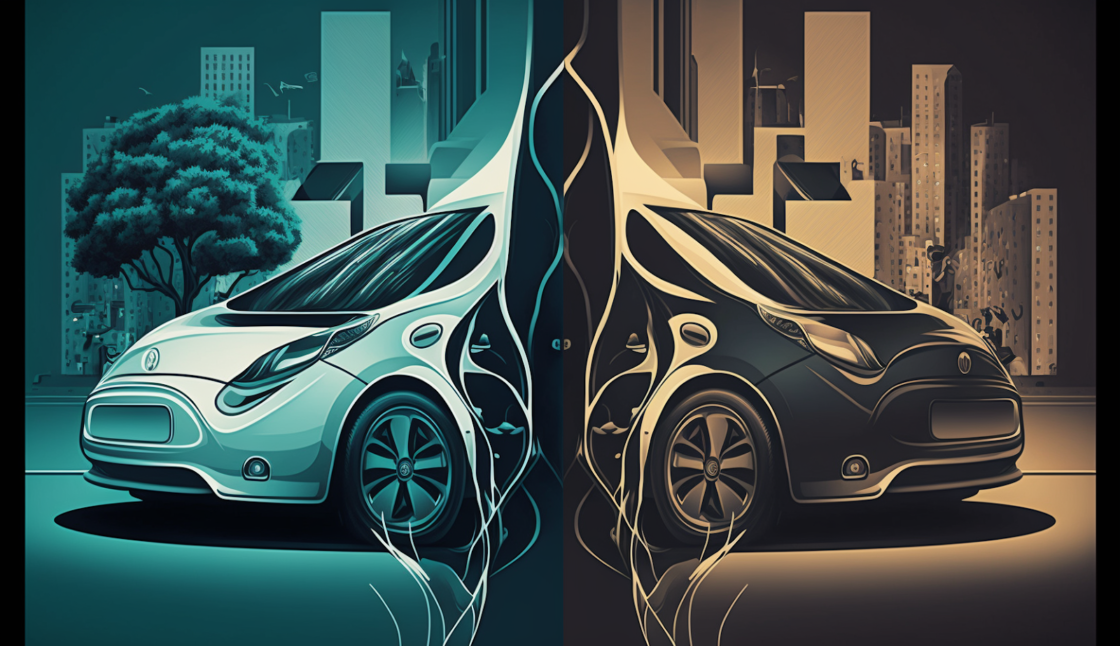Electric vs Hybrid Cars: Exploring the Pros and Cons of Each Eco-Friendly Option


The auto industry has come a long way in terms of environmental awareness and reducing carbon emissions. Two eco-friendly options that have gained significant attention are electric and hybrid cars. While both types of vehicles offer benefits for the environment and cost savings, they each come with their own set of pros and cons. In this article, we will explore the advantages and disadvantages of both electric and hybrid cars and provide information to help you choose the right option for you.
Pros and Cons of Electric Cars
Electric cars are powered by batteries and do not require gasoline. Instead, they can be charged by plugging them into an electrical outlet or a charging station. Below are the pros and cons of electric cars:
Pros:
- Zero Emissions and Eco-Friendliness: Electric cars produce zero emissions, making them a great option for people who want to reduce their carbon footprint and contribute to a cleaner environment.
- Low Operating Costs: Electric cars are more energy-efficient and require less maintenance compared to traditional gasoline vehicles. They also cost less to operate over the long term.
- Reduced Maintenance Requirements: Electric cars have fewer moving parts, which means they require less maintenance and have lower repair costs.
- High-Performance Capabilities: Electric cars offer high torque and quick acceleration, making them a fun and enjoyable driving experience.
One useful resource that can provide insight into the cost of owning an electric vehicle is the article “Electric Vehicle Cost of Ownership” from cars311.com. According to the article, while electric vehicles may have a higher upfront cost, they can ultimately save drivers money in the long run due to lower maintenance and fuel costs compared to traditional gasoline-powered cars. Additionally, the article notes that government incentives and tax credits can further reduce the cost of purchasing an electric vehicle. When considering the pros and cons of electric and hybrid cars, it’s important to take into account the potential cost savings over time.
Cons:
- Limited Driving Range: Electric cars have a limited driving range and may require recharging more frequently than traditional gasoline vehicles.
- Longer Charging Times: Charging an electric car can take several hours, depending on the battery size and the charging station’s power.
- Higher Upfront Costs: Electric cars are typically more expensive than traditional gasoline vehicles due to the cost of batteries and other components.
- Limited Availability of Charging Stations: While the number of charging stations is increasing, they are not yet as widely available as gas stations, which could make it difficult to travel long distances.
One informative article that may be helpful to explore the safety of electric vehicles is “Clearing the Air: Debunking Misconceptions About Electric Vehicle Fires” from Cars311.com. The article provides insights into common misconceptions and highlights safety measures that have been taken to prevent electric vehicle fires.
Pros and Cons of Hybrid Cars
Hybrid cars use a combination of gasoline and electric power, with the electric motor providing support to the gasoline engine. Below are the pros and cons of hybrid cars:
Pros:
- Reduced Emissions and Improved Fuel Economy: Hybrid cars produce fewer emissions and offer better fuel economy than traditional gasoline vehicles.
- Lower Fuel Costs: Hybrid cars require less gasoline than traditional gasoline vehicles, which means lower fuel costs over the long term.
- Increased Driving Range: Hybrid cars have a longer driving range than electric cars and can be refueled at gas stations.
- Regenerative Braking System: Hybrid cars have a regenerative braking system that converts energy lost during braking into electricity to recharge the battery.
One interesting perspective on the electric vs hybrid cars debate comes from this tweet by @skorusARK, which highlights the potential for electric vehicles to drastically reduce carbon emissions and improve air quality. This is a compelling pro-electric argument, but it’s important to also consider the pros and cons of hybrid vehicles, such as their greater range and availability of refueling options. Ultimately, the decision between electric and hybrid will depend on individual needs and priorities.

Cons:
- Less Eco-Friendly than Electric Cars: While hybrid cars produce fewer emissions than traditional gasoline vehicles, they still rely on gasoline and produce more emissions than electric cars.
- Limited Electric-Only Driving Capability: Hybrid cars have limited electric-only driving capability, which means they still rely on gasoline for longer trips.
- More Maintenance Requirements than Electric Cars: Hybrid cars have more moving parts than electric cars and require more maintenance and repairs.
- Higher Upfront Costs than Traditional Gasoline Vehicles: Hybrid cars are typically more expensive than traditional gasoline vehicles due to the additional components required.
Choosing Between Electric and Hybrid Cars

As you consider buying a new car, you may be wondering whether to go for an electric or hybrid vehicle. Here are some factors to consider when making this decision:
- Budget: Electric cars tend to be more expensive upfront than hybrid cars due to their battery technology. However, electric cars often require less maintenance and have lower fuel costs in the long run.
- Driving habits: Electric cars are ideal for drivers with shorter commutes or those who can charge their cars during the day. On the other hand, hybrid cars are better suited for those who frequently drive long distances or who cannot charge their cars during the day.
- Environmental impact: Both electric and hybrid cars are considered eco-friendly alternatives to traditional gasoline vehicles. However, electric cars have a more significant impact on reducing greenhouse gas emissions, as they emit zero emissions when driving.
- Range: The range of electric cars is improving with newer models, but they may not be suitable for drivers who frequently drive long distances. Hybrid cars have a longer range due to their traditional gasoline engine.
- Charging time: Charging an electric car can take longer than filling up a traditional gasoline car or a hybrid car. However, newer electric car models are equipped with faster charging capabilities.
- Performance: Electric cars tend to have better acceleration and a smoother driving experience than hybrid cars. However, hybrid cars can provide a more familiar driving experience for those used to traditional gasoline cars.
One Twitter user recently shared their thoughts on the benefits of electric cars, highlighting their eco-friendliness, low maintenance costs, and overall efficiency. Their tweet can be seen as further evidence in favor of electric cars when comparing them to hybrid vehicles. While hybrid cars do offer some benefits, such as better fuel economy and longer driving ranges, they are still reliant on fossil fuels to some extent. Ultimately, the decision between electric and hybrid cars will depend on individual priorities and driving habits.

FAQ
Hybrid cars have both an internal combustion engine and an electric motor, while electric cars rely solely on an electric motor.
Both hybrid and electric cars are more environmentally friendly than traditional gasoline cars because they produce fewer emissions. However, electric cars are the clear winner in terms of sustainability since they produce zero emissions and are powered by renewable energy sources.
Hybrid cars tend to be more affordable than electric cars, although this can vary depending on the specific model and features.
Electric cars generally have a longer range than hybrid cars, but this can vary depending on the model and battery size.
Both hybrid and electric cars are great options for city driving since they are designed to be fuel-efficient and produce fewer emissions. However, electric cars may be more beneficial in stop-and-go traffic since they don’t require fuel to idle.
Hybrid cars may be more practical for long-distance driving since they have a backup gasoline engine that can provide additional range. However, electric cars are constantly improving their range capabilities and may be a viable option for long-distance driving in the future.
Hybrid cars tend to require less maintenance than electric cars since they have both a gasoline engine and an electric motor. Electric cars have fewer moving parts, but their batteries may require more maintenance over time.
Both hybrid and electric cars are generally reliable, but this can vary depending on the specific model and manufacturer.



